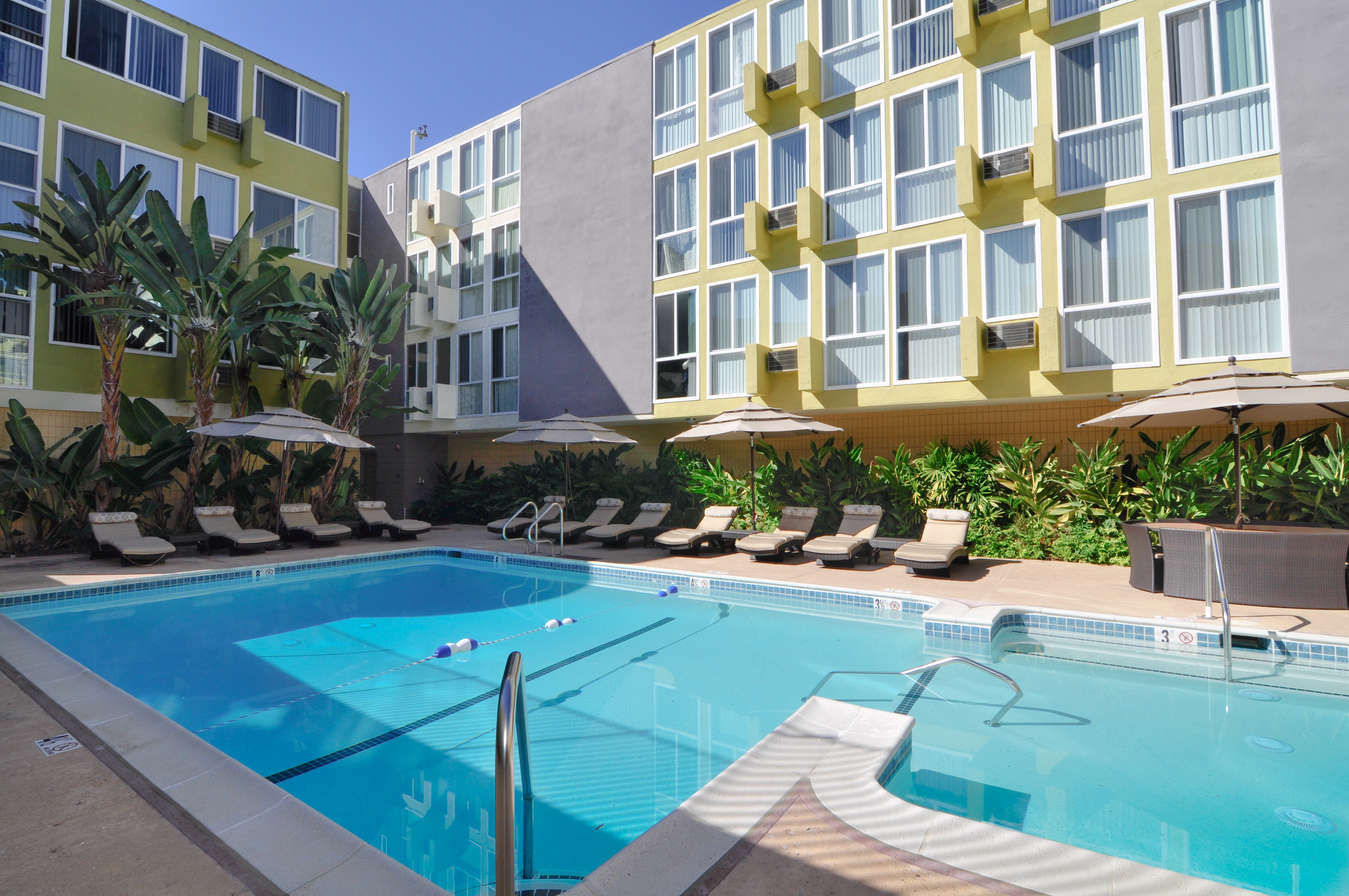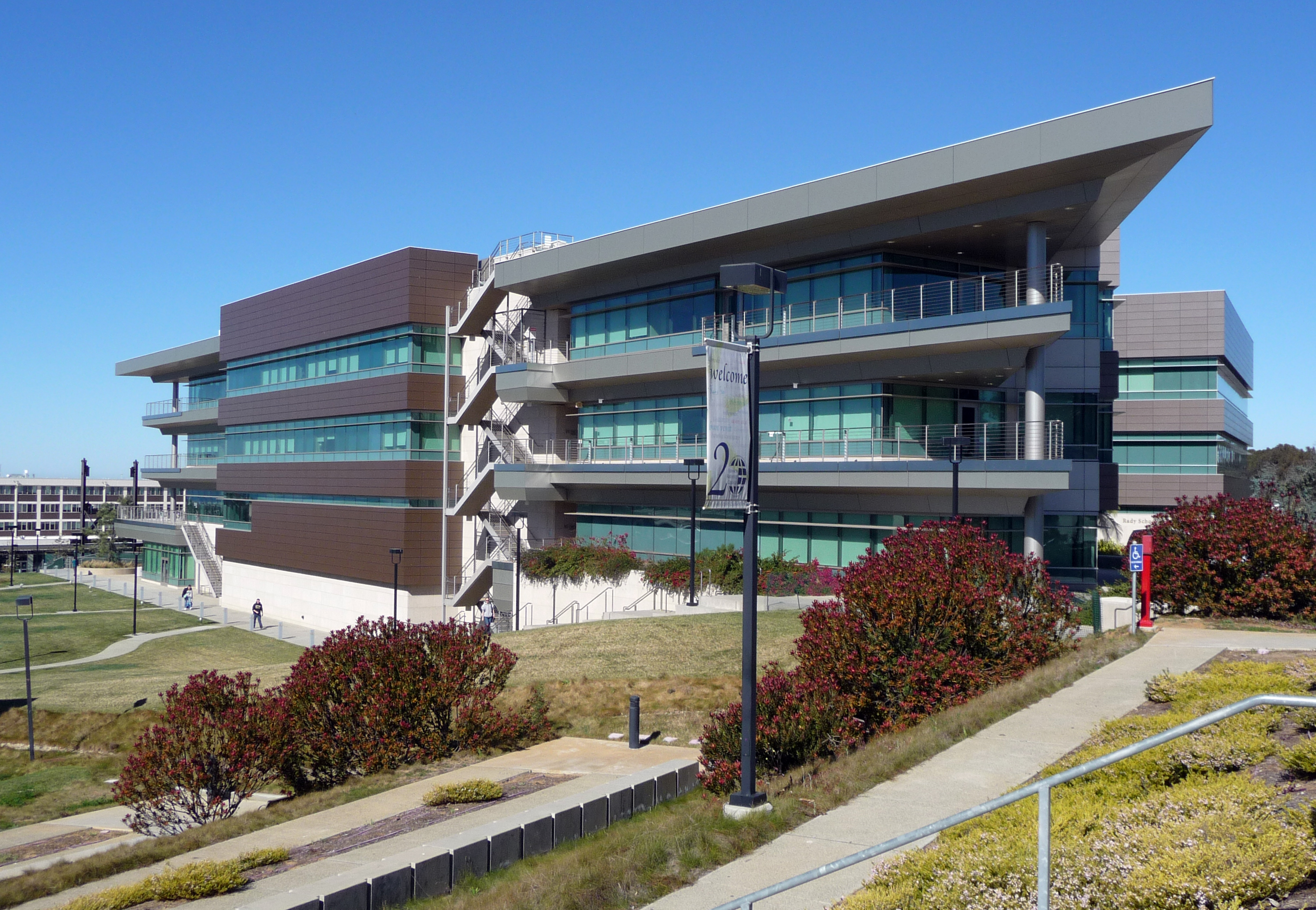Daily Business Report-April 1, 2016
Left, a Temecula home selling for $349,900. Right, a Rancho Bernardo home that sold for $680,000.
San Diegans Can Save $200 a Month by Buying
A Home in Temecula and Commuting to San Diego
So says university institute study
A San Diegan who purchases a home in Temecula but commutes to San Diego can save nearly $200 a month in expenses than if he purchased a home in San Diego and commutes locally, according to a new report by the National University System Institute for Policy Research. That’s even after gasoline costs and wear and tear on a commuter’s car are taken into account.
To derive the savings figure, the report used information on median home prices, average regular unleaded gasoline costs in Temecula and the extra depreciation and wear and tear on a commuters car. Even after taking those costs into account, the researchers found that homebuyers would save money by moving to Southern Riverside County.
The cost difference is even more stark when comparing certain neighborhoods, the report said. Looking at one neighborhood — Rancho Bernardo — the report found that the cost difference between the March 2016 median price of single-family homes in that neighborhood ($636,500) compared to the median sales price of single-family homes in Murrieta/Temecula ($393,200) resulted in a monthly net cost difference of $768.88
How to close the gap? Build more houses in San Diego, the report states.
According to Census figures, more than 13,000 people moved from San Diego to Southern Riverside, adding to the already 42,000 commuters that live in Riverside County but who work in San Diego. “This isn’t just cheap gas,” said Erik Bruvold, president of the institute. “Fuel costs would need to more than double to close the gap and would have to more than triple in the comparison we drew between single-family homes in Rancho Bernardo and similar homes in Southern Riverside County. In a region which is trying to reduce its dependency on cars and reduce its environmental footprint, we have to do more to increase the supply of housing to close this gap.”
The report also presents data comparing the ratio of homes added to the region’s inventory compared to increase in employment. Since 2000, there has been 1 home added to San Diego for each net job added to the county’s employment base. In Riverside County, this ratio is 1.2.
_____________________________________________

Hillcrest’s Park East Apartments
Sells for $16.5 Million to Local Buyer
The 56-unit Park East Apartments in Hillcrest has sold for $16.5 million to buyer E&B Ranch Properties LLC, a San Diego-based company.
The three-story complex, located at 111 West Pennsylvania Ave., has 36,350 square feet. It was built in 1969 and underwent a major renovation in 2008.
The unit mix consists of a studio, one- and two-bedroom floor plans. There have been interior renovations to 47 of the 56 units — dark wood cabinets, stainless steel appliances, floating wood laminate floors, floor to ceiling windows and black granite counter tops. The community amenities feature a pool, barbecue, laundry facility, an outdoor entertaining area, fitness center, outdoor veranda and a clubhouse.
CBRE Arranged the sale. The seller was Klingbeil Capital Management.

Legislature Approves $15
Minimum Wage as Workers Rally
Times of San Diego
On a day when janitors, fast food workers and other low-wage employees marched in San Diego for higher salaries, the state Legislature approved an increase California’s minimum wage to $15 an hour by 2022.
The proposal now moves to Gov. Jerry Brown who plans to sign it during a ceremony at 10 a.m. Monday in downtown Los Angeles.
Under the proposal, California’s $10-an-hour minimum wage will increase to $10.50 in January 2017, then to $11 on Jan. 1, 2018. The minimum wage will then go up by a dollar in each of the following years until it reaches $15 in 2022, after which it will continue to rise each year by up to 3.5 percent to account for inflation.
Businesses with 25 or fewer employees get an extra year to raise their wage, so that workers will be paid $15 by 2023.
The plan also gives the governor the ability to temporarily halt the raises if there is a forecasted budget deficit of more than one percent of annual revenue, or due to poor economic conditions such as declines in jobs and retail sales.
Government workers who provide in-home health services will receive an additional three paid sick days under the plan.
“One of the most basic elements of our social contract and one of the ideas upon which our society is based is the fundamental notion that if you get a job and work hard you will be able to support your family,” Assembly Speaker Anthony Rendon, D-Paramount, said. “While California’s economy is growing, some of our hardest-working Californians have been left behind. California’s economic benefits must be shared by the people whose hard work is helping fuel our growth.”
The wage hike will affect 5.6 million workers, or about one-third of the statewide workforce, officials said.

The Rady School of Management
Boasts 115 Startup Companies
San Diego is recognized as one of the best cities for startups in the U.S., and leading the way in this flourishing innovation economy are the students and alumni of the Rady School of Management at UC San Diego, the university reports.
Since the first MBA class graduated from the school in 2006, 115 operational companies have been founded, with 75 percent of those companies remaining in San Diego.
A recent survey of students and alumni conducted by the Rady School also revealed that while their startup business are small, they are growing. Of those who secured angel or venture capital funding, the average money raised by their companies is over $2.3 million, with 83 percent of those companies under $1 million in revenue. In addition, 77 percent of the companies employ up to 10 employees, 57 percent rent or own office space and 70 percent of the companies expect to grow in the next three years.
The survey also revealed the impact the Rady MBA program, including the Lab to Market core curriculum, has had on launching their businesses. Prior to enrolling in the Rady MBA program, only 5 percent of the students had launched a business. While at the school, 38 percent launched their business and 67 percent launched a startup after graduating from Rady.
In fall 2013, the Rady School launched the StartR Accelerator to further assist Rady students and alumni in the development, funding and launch of their startup. Twice a year six teams are accepted into the program, which includes workshops, mentoring advice and access to other resources for early-stage companies. To date, StartR has graduated 27 companies into the innovation economy.
USD Economic Index Rose in February
The USD Burnham-Moores Center for Real Estate’s Index of Leading Economic Indicators for San Diego County rose 0.1 percent in February. The advance was led by a sharp increase in online help wanted advertising along with a moderate gain in initial claims for unemployment insurance. There were smaller gains in building permits and the outlook for the national economy. On the downside there was another big loss for local stocks and a small decline in consumer confidence.
With February’s gain, the USD Index has now been positive four of the last five months. As a result, the outlook for the local economy remains positive for the rest of 2016.
Personnel Announcements
Wayne Hickey Joins Pacific Building Group

Construction executive Wayne Hickey has been named executive vice president of San Diego-based general contracting firm Pacific Building Group.
A 40-year veteran in the construction industry, Hickey has managed projects for organizations like Qualcomm, L’Auberge Hotel and Agua Calienta Casino Resort and Spa.
In his new role at Pacific Building Group, the former Roel Construction CEO is expanding the firm’s project portfolio.
Hickey has managed or lead teams in many regional projects including more than six million square feet of construction and tenant improvements for Qualcomm; the $175 million Agua Calienta Casino Resort and Spa in Rancho Mirage; two Father Joe’s Villages Workforce Housing projects Downtown; and a major renovation for L’Auberge Hotel and Spa, among many others.
In addition to diversifying the firm’s portfolio, Hickey is coordinating pre-construction, all trade contracts, day-to-day cost control, submittal control, schedule maintenance, document control and overall team communication.



